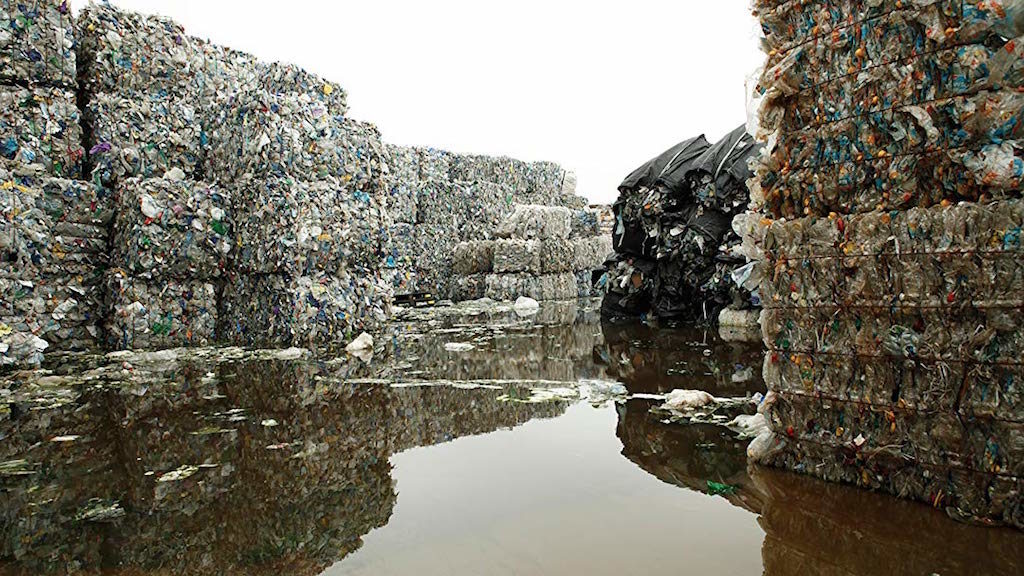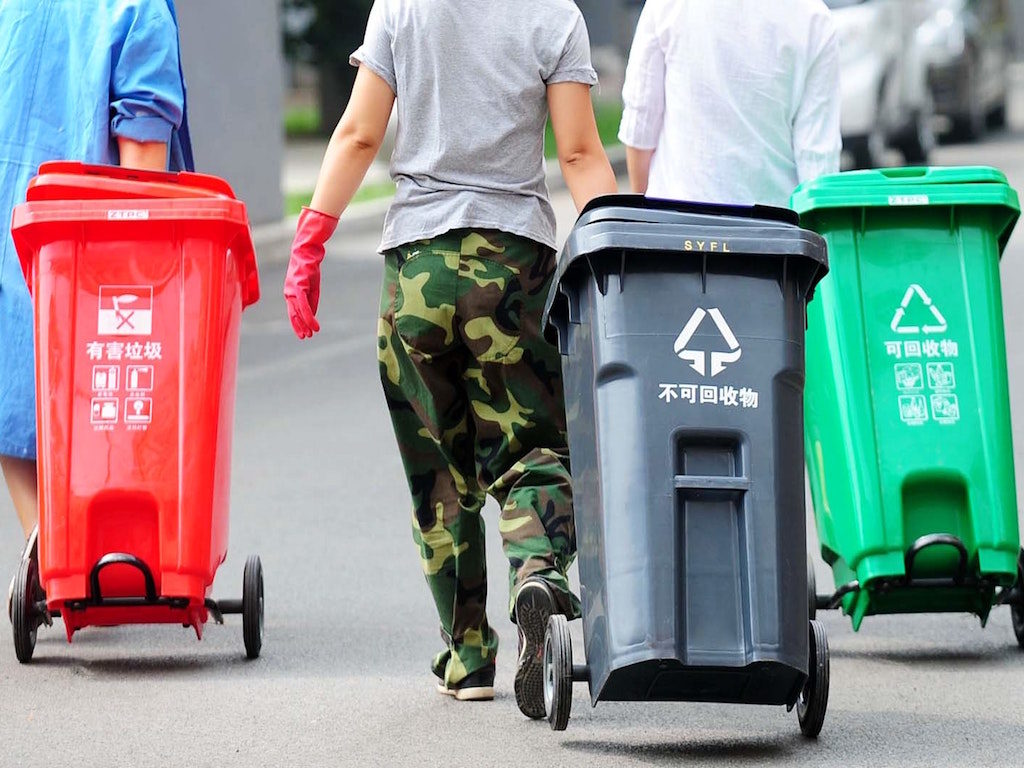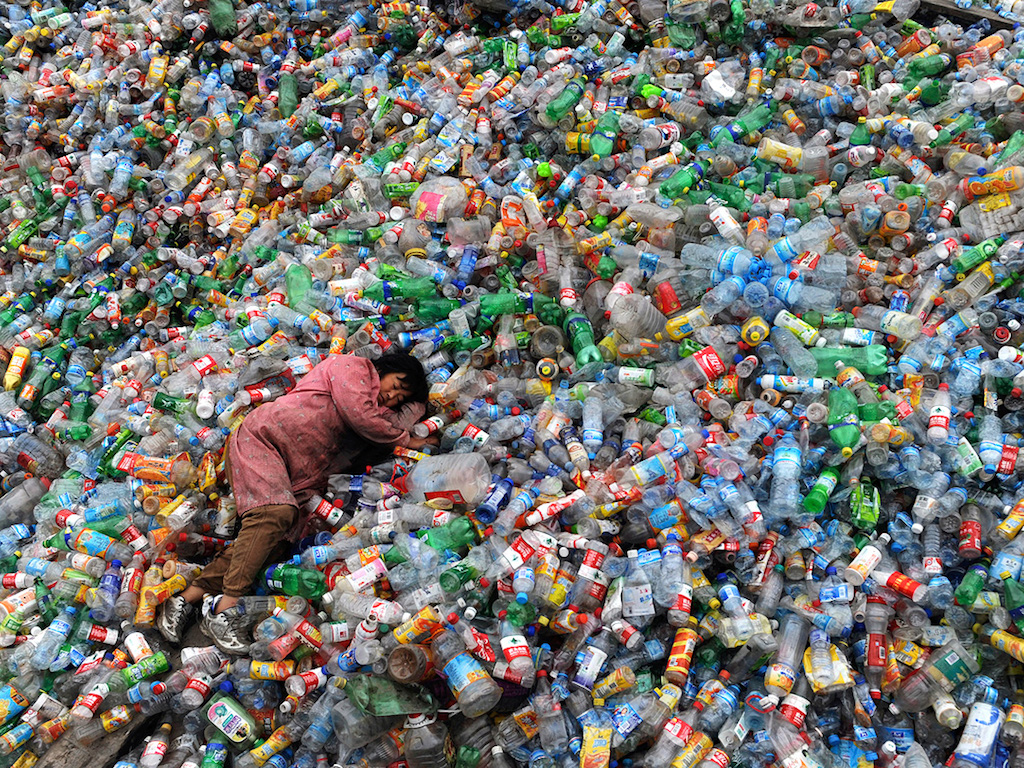3 Mins Read
In a recent policy announcement, China will be stepping up its restrictions on the sale, production and use of disposable plastic products. According to the state planner, the country will ban disposable plastic bags in all major cities by the end of this year, and will announce more phase-out policies as the country seeks to battle one of its biggest environmental issues. As awareness of plastic pollution builds up, countries across the Asia-Pacific are ramping up measures to combat the crisis.
In a statement by China’s national development and reform commission and the Ministry of Ecology and Environment, the country will be issuing new restrictions on the production, sale and use of disposable plastic products. These include a ban on plastic bags in all of China’s major cities by the end of 2020, which will then be extended to all cities and towns in 2022. Businesses and markets selling fresh produce, however, will be exempt from the policy until 2025.
In addition to the plastic bag bans, the country is planning to phase out other common plastic products such as plastic utensils for takeaway food and plastic courier packages used in delivery, and will encourage the use of “alternative materials” instead. According to the state planner, the restaurant industry will not be allowed to use any single-use plastic straws by the end of this year, and towns and cities across the entire country must reduce disposable plastic items by 30% by 2025.

Read: Indonesian tofu makers burn toxic plastic as fuel due to global waste crisis
As a part of the phase-out plan, some regions and sectors will see new restrictions to limit the production and sale of plastic. Bags less than 0.025 millimeters thick will be forbidden, as will plastic film less than 0.01 thick used in the agricultural sector, although it is unclear which areas specifically will face these regulations.
Currently, China is facing a massive plastic waste problem due to its growing population addicted to convenience-driven consumption and lack of nationwide waste management infrastructure. Even before China’s sweeping ban on plastic imports in 2018, only 9% of the country’s discarded plastic was recycled while 12% was incinerated and the rest buried in landfills or dumped in rivers.
Plastic use in the world’s most populous nation has grown immensely as food delivery apps and online shopping have become ubiquitous in daily life, in rural towns and bustling megacities in the country alike. Chinese e-commerce giant Alibaba has been criticised for shipping around 1 billion packages on Singles Day, a shopping discount marathon hosted by the company every year. Food delivery companies have shot up in popularity, with waiting times as short as 10 minutes, which means more plastic bags, containers and utensils being used and quickly thrown away.
Read: The global plastic crisis in 10 numbers

Prior to this new anti-plastic campaign, China has attempted to address the deluge of plastics with other policies. On top of the ban on plastic imports, which sent countries all over the world desperate to send contaminated plastics elsewhere, China has introduced a mandatory recycling and waste collection system that has just been implemented in Shanghai.
As awareness about the plastic crisis builds up in Asia, other countries across the region are stepping up efforts to fight plastic pollution. In Thailand, over 40 malls and department stores have pledged to ditch plastic bags at the beginning of this year. Meanwhile in Indonesia, Bali saw 100 trash barrier booms set up along the island’s river to catch plastic littered in the area. Most recently, a café in India has been set up to feed people in exchange for collected plastic waste, with the popular concept to spread across the country to fight plastic pollution.
Lead image courtesy of Plastics Infomart.




